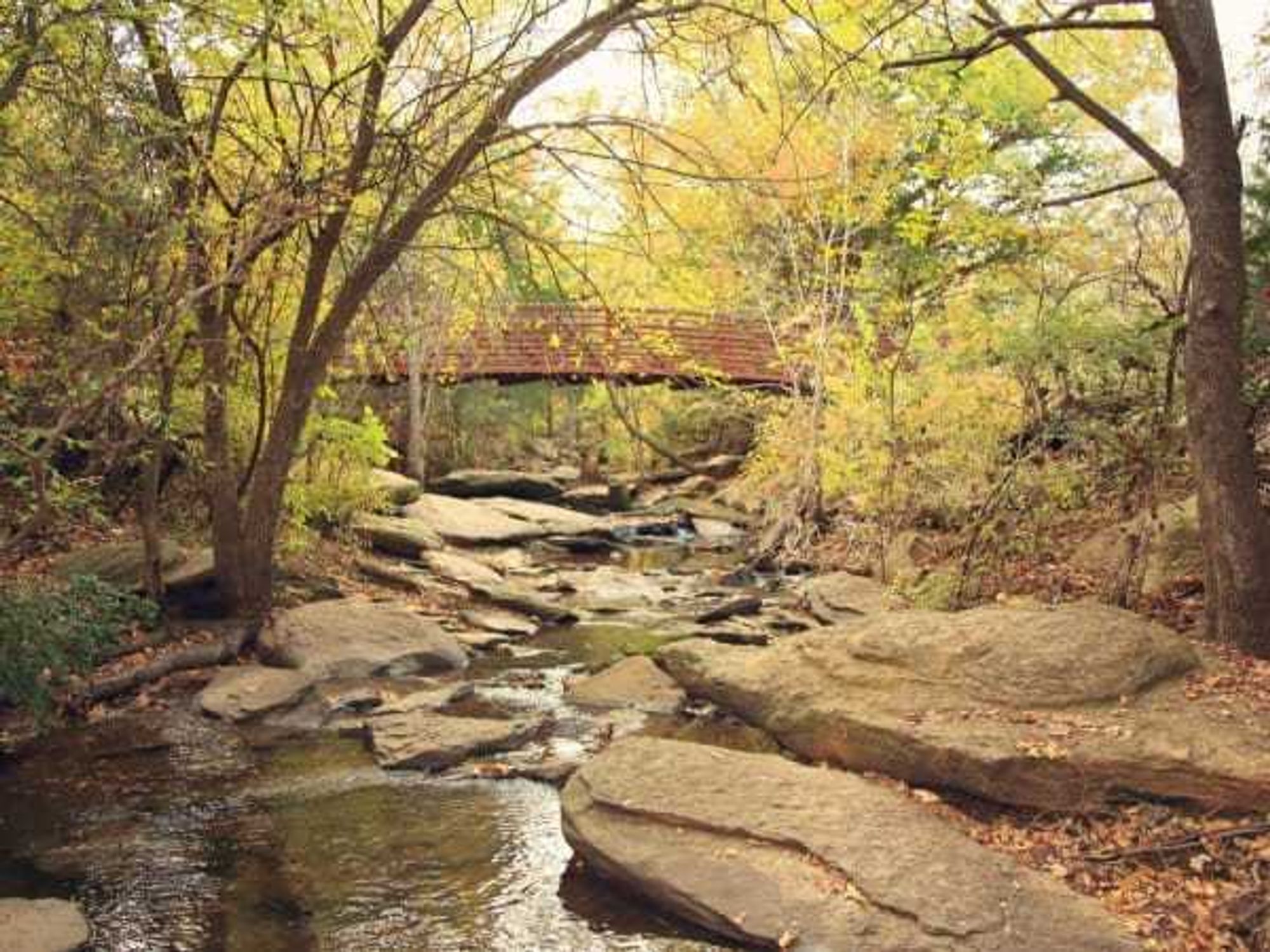Nightlife News
DFW nightclub owner gets 16 years for allowing coke sales in bathrooms

In what surely feels like an episode of Miami Vice, a Dallas-Fort Worth nightclub magnate was sentenced to 16 years in federal prison for operating an empire of clubs in which drugs were sold openly.
According to a release from the office of Acting U.S. Attorney for the Northern District of Texas Chad E. Meacham, drugs were being sold in the bathrooms at the OK Corral Dallas, OK Corral Fort Worth, and Far West nightclub.
In November 2021, a jury found OK Corral/ Far West owner Alfredo Hinojosa, general manager Miguel Casas, and promoter Martin Salvador Rodriguez guilty of managing drug premises, conspiracy to manage drug premises, and conspiracy to possess with intent to distribute cocaine.
Hinojosa was sentenced on June 3 by U.S. District Judge Sam A. Lindsay, who also added a $120,000 fine.
The case included more than 30 defendants, all of whom have been convicted, including former Dallas Police Officers Eddie Villarreal and Craig Woods. But Judge Lindsay called Hinojosa the "top dog."
The Federal Bureau of Investigation's Dallas Field Office and the Dallas Police Department conducted the investigation, dubbed "Operation Closing Time."
According to evidence presented at trial, Hinojosa, Casas, and Rodriguez allowed cocaine to be sold in the bathrooms of their nightclubs on a daily basis. The drug sales attracted customers, and gave their clubs an edge over clubs. The drug sales increased revenue at the clubs between $9 million and $12 million.
Meacham noted that it was ultimately their downfall.
"These defendants made millions by explicitly allowing cocaine trafficking in nightclubs across DFW," Meacham said. "They assumed that permitting bathroom drug deals would be their competitive edge. Instead, it was their downfall. The United States Attorney's Office and the FBI will not permit nightclub owners – or anyone else – to willfully turn a blind eye to drug trafficking happening on their premises."
FBI Dallas Special Agent in Charge Matthew J. DeSarno said that the scheme relied on the recruitment of law enforcement officers as employees.
At trial, prosecutors presented evidence of 17 controlled drug buys that occurred at the three nightclubs between 2013-2016, when half a dozen informants, under the supervision of FBI agents, bought bag after bag of cocaine from traffickers operating out of club bathrooms.
Security guards who worked at the clubs testified that Hinojosa, Casas, and Rodriguez knew the drug trafficking was occurring and ordered security personnel to allow it.
Drug traffickers, previously charged and convicted in the case, testified that they were allowed to operate freely.
In 2015, the FBI secretly installed microphones and a camera in Hinojosa's office. Agents also obtained more a dozen wiretaps. Recorded calls and communications caught Hinojosa saying, "we can't really clean it because then we lose business," and "we need cocaine, man."
Hinojosa, Casas, and Rodriguez confessed to knowing that drug sales were ongoing and allowed. Casas told an officer that when management realized the business was "tanking," they told bouncers to allow drug sales to resume and leave drug dealers alone as long as they were discreet.

 Cafe Dior was a hard-to-get reservation when it opened in Dallas. SevenRooms
Cafe Dior was a hard-to-get reservation when it opened in Dallas. SevenRooms  The School for the Talented and Gifted in Dallas ISD is the 9th best high school in the country, and the top high school in Texas. tagmagnet.dallasisd.org/
The School for the Talented and Gifted in Dallas ISD is the 9th best high school in the country, and the top high school in Texas. tagmagnet.dallasisd.org/  Dallas Caramel Company founder Rain McDermott Courtesy
Dallas Caramel Company founder Rain McDermott Courtesy